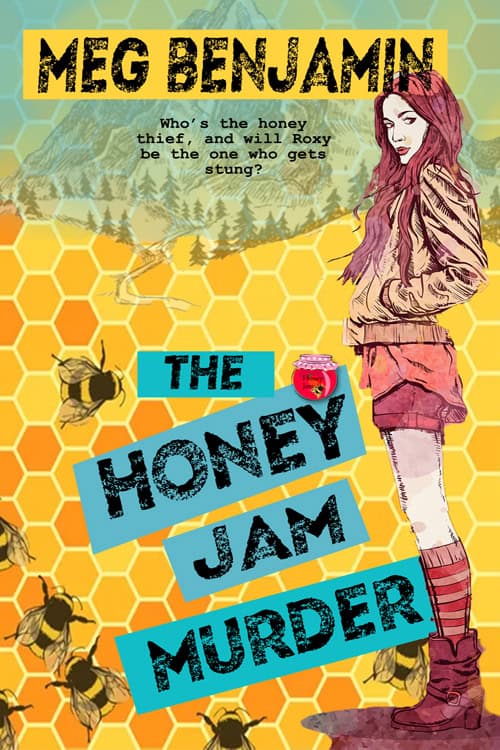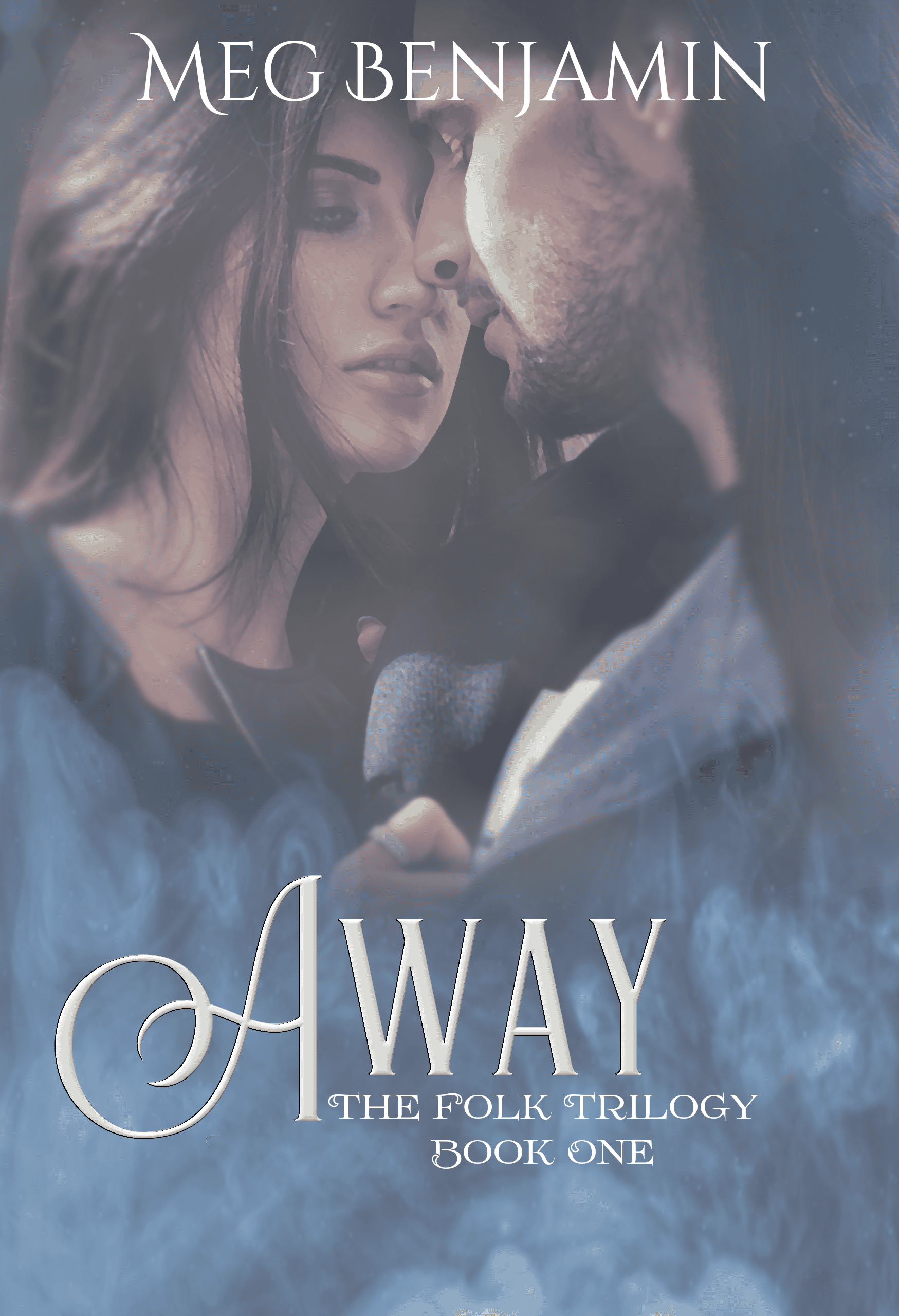Damaged and Flawed
I just finished Nancy Taylor Rosenburg’s thriller The Cheater. It’s part of a series, although I didn’t realize that when I picked it up. The heroine is a former DA who’s now a judge in Ventura, CA.
She’s also a mess.
Mind you, she has every right to be. In previous novels she was raped by an intruder who also raped her twelve-year-old daughter. She then murdered the man she thought was the rapist. She divorced the father of her daughter, and he was subsequently murdered by the actual rapist. She’s now married to a serial adulterer who’s also an alcoholic. In other words, she has Personal Problems.
Not surprisingly, the heroine herself is close to a basket case. She has flashbacks to the rape that distract her when she’s holding court. She’s afraid to be by herself, particularly at night. Her relationships with her husband, her daughter, and her colleagues are shaky at best. In fact, you find yourself wondering how this woman ever ended up on the bench (and hoping that you don’t have anyone like her on the bench in your town).
Clearly, The Cheater isn’t a romance, but I found myself wondering if a romance could have a damaged heroine like this. Frankly, I doubt it, but I’d make a distinction between the flawed heroine and the damaged heroine. Damaged heroines couldn’t make it in a romance that demands people pull themselves together in the end. Flawed heroines can, and frequently do.
Flawed heroines are quirky and sometimes annoying because they’re not perfect people. Contemporary romances are full of flawed heroines. Think of Jennifer Crusie’s Agnes in Agnes and the Hitman or Susan Elizabeth Phillips’s heroine in Natural Born Charmers or Kristan Higgins’s heroine in The Next Best Thing. They have their annoying idiosyncrasies, but they’re still people you can depend on, and heroines who have more admirable traits than defects.
Damaged heroines (and heroes) show up a lot more in mysteries and thrillers. Patricia Cornwell’s Kay Scarpetta is damaged. So is James Lee Burke’s Dave Robichaux. There are times when you wonder if they’ll be able to make it to the end of the book without cracking up.
I think the basic reason romance writers (and readers) prefer flawed to damaged is that our books tend to follow a rising story arc. We want our heroines (and heroes) to get stronger as they go. To recover. To grow. Basically, we want them to be better people at the end of the book than they were at the beginning. I worked with that idea with Long Time Gone–Erik was flawed, certainly, but he was better by the end of the book. Damaged characters can’t do that—once broken, they’re not likely to be healed in any real sense.
I don’t dislike books with damaged heroines or heroes, but I don’t necessarily seek them out either. At the end of The Cheater, I didn’t have any high hopes for Lily Forrester to become a more together person. She got through one dangerous situation, and she may be able to repair some of the damage to her life, but she’s never going to be whole. Overall, I have to admit, I sort of prefer the kind of thrillers written by somebody like Elizabeth Lowell, which are basically romances in thriller mode with a more-or-less romantic endings. And that’s fine with me. I don’t want to have to worry about who’s going to pick up the pieces after the novel ends.
Posted in Blog • Tags: damaged characters, heroines, On Reading, On Writing | 4 Comments









I completely agree with your sentiment…I’m a sucker for a happy ending. I can appreciate that some novels are gritty, and real (for lack of a better word) and I really enjoy thriller/mystery/suspense novels…but sometimes when immersing myself in a book, I want to root for someone who has overcome some serious obstacles and flaws along the way and find true love and a happy ending. Honestly, I think that is why Erik was my favorite of the Toleffson brothers 🙂
Lord knows this is not how “real life” works in may instances, but that is the beauty of escapist fiction…it can take you to the places that are, in some cases, unattainable for real. Personally, I have been blessed with a wonderful husband and it feels very much like a happy ending…despite a few ups and downs that have brought us here.
I just discovered your novels and have really enjoyed reading your work…looking forward to more. 🙂
Thanks, Kari! I think that’s one of the reasons I like romances, both reading them and writing them. I always know they’re going to turn out all right, which can be very reassuring. And yes, Konigsburg will go on. The next Konigsburg book, Brand New Me, will be out in December.
Just to offer a different point of view, I’m all for damaged characters (or at least if characters are flawed, I want to see a good reason for their flaws).
I like to see characters learning to live with each other’s issues, and finding ways to help each other deal.
Or maybe it’s just that I don’t like easy fixes: love doesn’t cure all ills, but it can make them much easier to bear.
I think what Karil and I are endorsing here is escapist literature, an ancient and honorable genre. I do read damaged characters and I’m in awe of writers like James Lee Burke, but I don’t always enjoy them as much as the characters who can make it through without a mental collapse. And I’d say “learning to live with each other’s issues” also applies to flawed characters as well as damaged ones. Thanks for commenting!